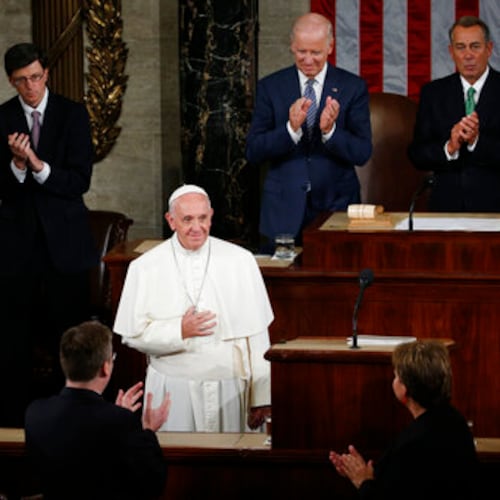A transparency officer will police whether the city of Atlanta is following the state’s open records laws. A public website will allow anyone to track records requests online. And city employees will receive mandatory annual open records training .
The Atlanta City Council on Monday approved an ordinance meant to reform how the city responds to requests made under the Georgia Open Records Act.
The Open Records Act gives the public the right to access to government documents and records.
The ordinance was the product of negotiations between the city and The Atlanta Journal-Constitution and Channel 2 Action News to correct what the news organizations described as “a pervasive culture of non-compliance” with the state’s open records law.
The news organizations reported extensively earlier this year on what legal experts said revealed potentially criminal behavior within former Mayor Kasim Reed's communications and law departments. His administration delayed production of public records and created documents resembling legal invoices in an effort to satisfy an AJC records request last year.
In April, the two news outlets filed a complaint with Georgia Attorney General Chris Carr. The complaint outlined 10 examples of alleged violations of the Georgia Open Records Act dating to July 2016. The media outlets requested mediation to remedy the repeated violations of state law.
The reporting prompted the first Georgia Bureau of Investigation criminal probe into open records violations in the state’s history. Those findings were turned over to Carr’s office this week for potential prosecution.
Following the criminal investigation and the civil complaint, Atlanta Mayor Keisha Lance Bottoms in April hired two former Georgia attorneys generals, Sam Olens and Thurbert Baker, to represent the city. Both are known as advocates for the right to access public records and past winners of the Georgia First Amendment Foundation’s Weltner Award.
Michael A. Caplan, an attorney for the AJC and Channel 2, has said the ordinance is one critical part of resolving the dispute with the city.
About the Author
Keep Reading
The Latest
Featured



